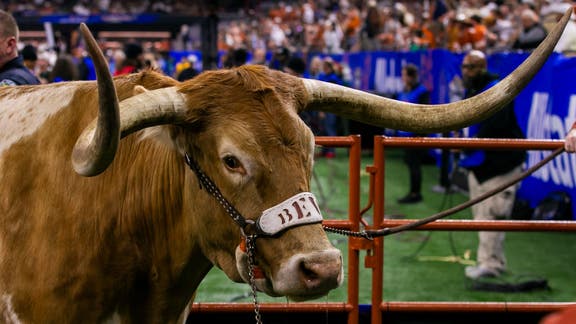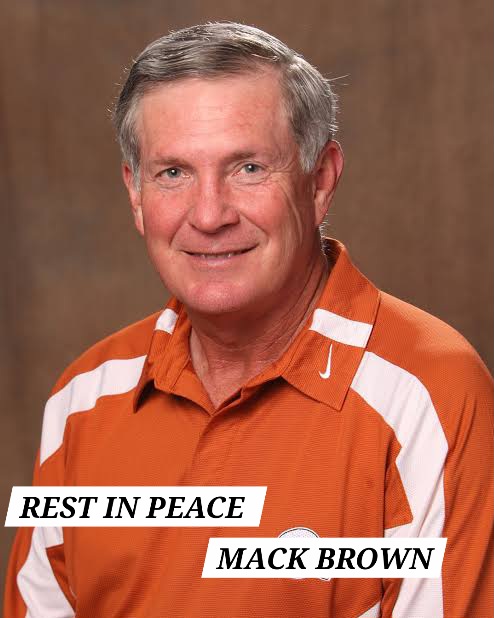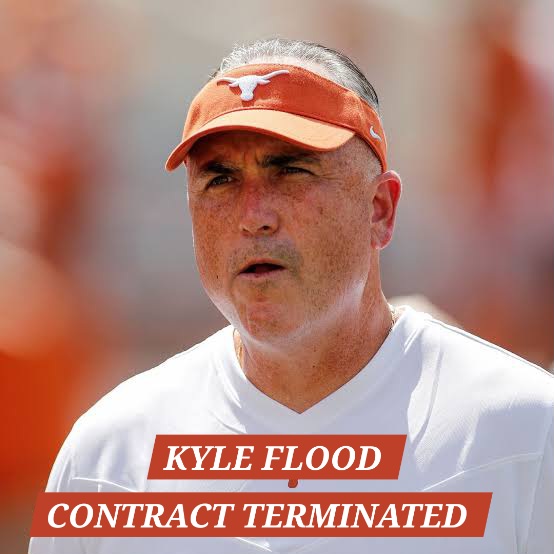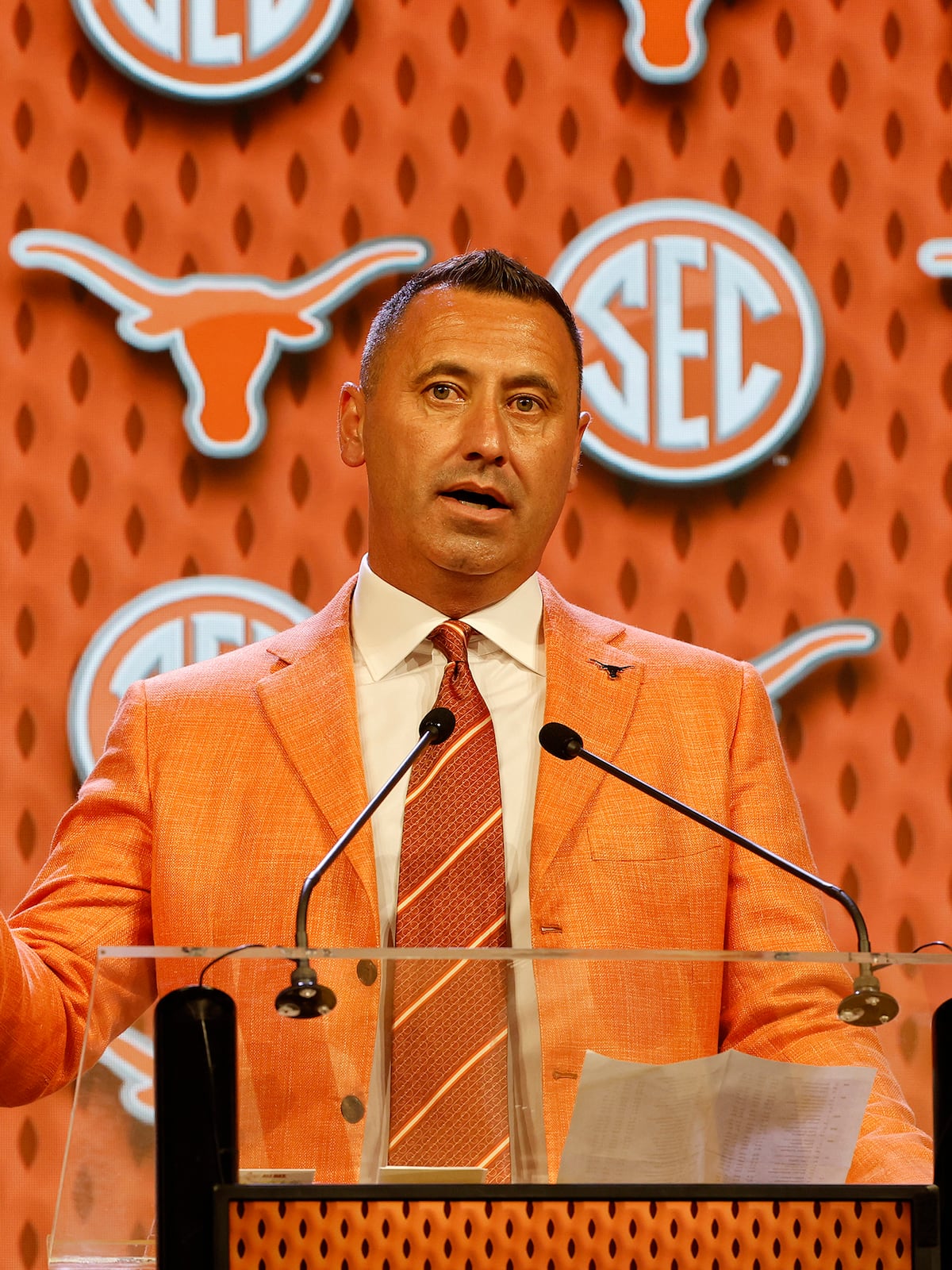**Bevo Banned! Iconic Texas Longhorns Mascot Not Allowed at SEC Title Gam**
In a controversial move that has sparked outrage among Texas Longhorns fans and stirred debates across college football, the SEC has officially banned Bevo, the iconic live mascot of the University of Texas, from attending the 2024 SEC Championship Game in Atlanta. The decision comes ahead of Texas’s much-anticipated appearance in their inaugural SEC title game after a stellar season.
The ruling, announced late Thursday, was attributed to “logistical challenges and safety concerns” related to hosting a live animal of Bevo’s size at Mercedes-Benz Stadium, which is primarily an indoor venue. SEC officials cited difficulties in accommodating a 2,000-pound steer in the limited space and ensuring the safety of fans, players, and staff. However, the decision has been met with backlash from Texas fans, alumni, and even some rival supporters, who view it as an attack on the traditions that make college football unique.
### **A Storied Tradition at Stake**
Bevo, a Texas Longhorn steer, has been a central figure in the University of Texas’s football culture for over 100 years. First introduced in 1916, Bevo has become a living symbol of Texas pride, leading the team onto the field and serving as a focal point of school spirit. His appearances at major games, including bowl games and rivalry matchups, are considered sacred by Longhorns fans.
While the SEC Championship Game is known for its electric atmosphere, the exclusion of Bevo marks a significant departure from the traditions Texas fans have cherished. “This isn’t just a mascot; Bevo represents the heart and soul of Texas football,” said one fan on social media.
### **The SEC’s Perspective**
According to SEC officials, the decision was made after thorough consultations with stadium management and animal welfare experts. “We understand and respect the importance of Bevo to the University of Texas and its fans,” said SEC Commissioner Greg Sankey. “However, the unique environment of Mercedes-Benz Stadium poses challenges that make it unfeasible to safely host a live animal of Bevo’s size.”
The statement also referenced past incidents involving live mascots, including Bevo’s near-charge at Georgia’s mascot, Uga, during the 2019 Sugar Bowl. “Our primary concern is the safety of all participants and attendees,” Sankey added.
### **Backlash From Fans and Alumni**
The response from the Longhorns community has been swift and passionate. Social media platforms have been flooded with hashtags like #BringBevoBack and #SECDisrespect. Many fans accuse the SEC of failing to honor Texas traditions as the Longhorns transition into the conference.
“This is a slap in the face to Texas fans,” said former Texas quarterback and college football analyst Colt McCoy. “Bevo has been part of our identity for over a century. Banning him feels like an erosion of the culture we bring to the SEC.”
Texas alumni and donors have also expressed their discontent, with some threatening to withhold financial contributions unless the decision is reversed. “If Bevo can’t be there, it’s not a true Texas experience,” said one prominent donor, who wished to remain anonymous.
### **A Broader Debate on Live Mascots**
The controversy has reignited a broader debate about the role of live animal mascots in college sports. Critics argue that transporting and showcasing live animals in crowded, high-energy environments is outdated and potentially harmful to the animals. Advocates, however, see live mascots as irreplaceable symbols of tradition and school pride.
Animal rights groups have long called for the retirement of live mascots, citing concerns about stress and safety. “While we understand the affection fans have for Bevo, it’s time for colleges to reconsider the use of live animals in sports,” said a spokesperson for the Humane Society of the United States.
### **What’s Next for Bevo?**
Despite the ban, Texas fans are determined to make Bevo’s presence felt in Atlanta. Reports suggest that a group of supporters is organizing a Bevo-themed tailgate outside the stadium, complete with a life-sized inflatable version of the steer.
University officials have not ruled out the possibility of challenging the SEC’s decision. “We are deeply disappointed by this ruling,” said Texas athletic director Chris Del Conte. “We will continue to advocate for Bevo’s inclusion in events that celebrate the rich traditions of college football.”
As Texas prepares to face off against Alabama in what promises to be an epic SEC Championship showdown, the absence of Bevo will undoubtedly leave a void. For Longhorns fans, however, the mascot’s spirit will be present in the stands, on the field, and in the hearts of all who bleed burnt orange.
The decision to ban Bevo may have been made, but the fight to preserve Texas traditions is far from over.










